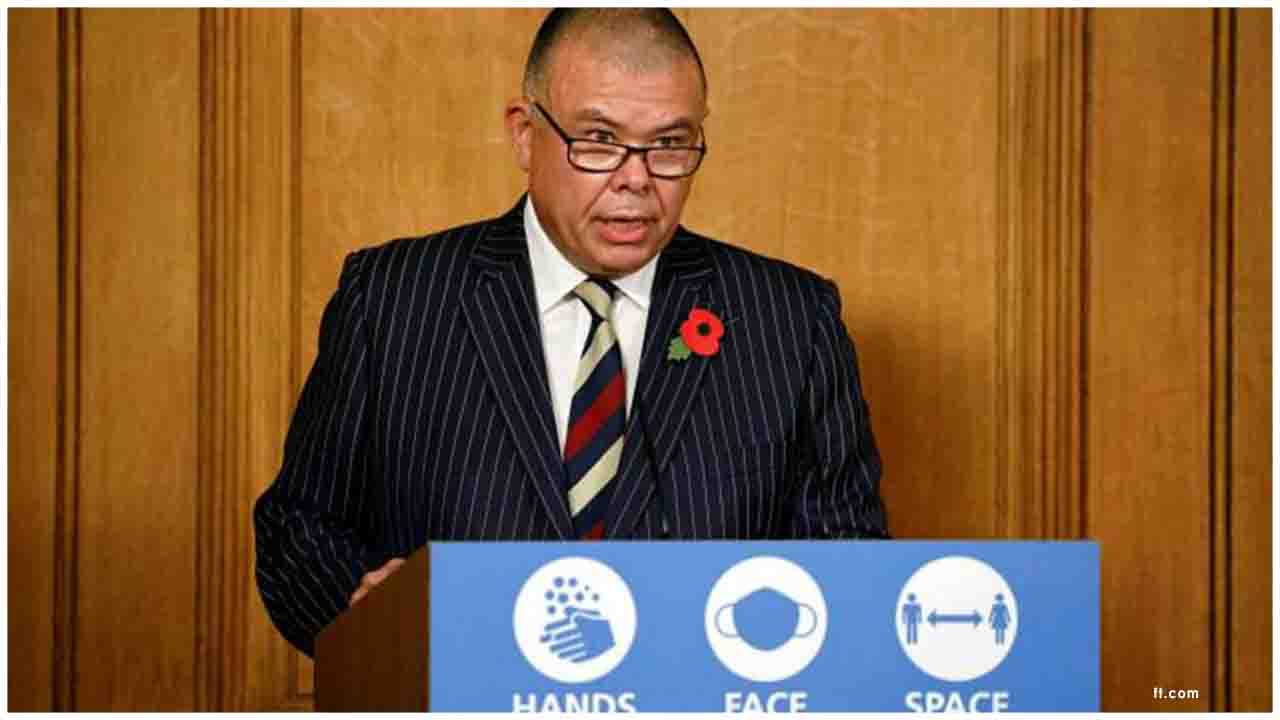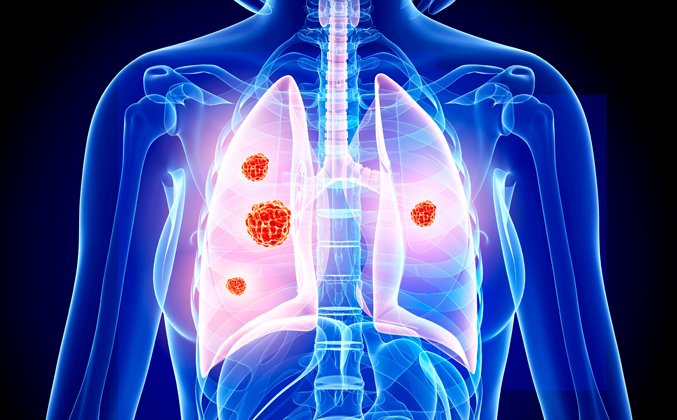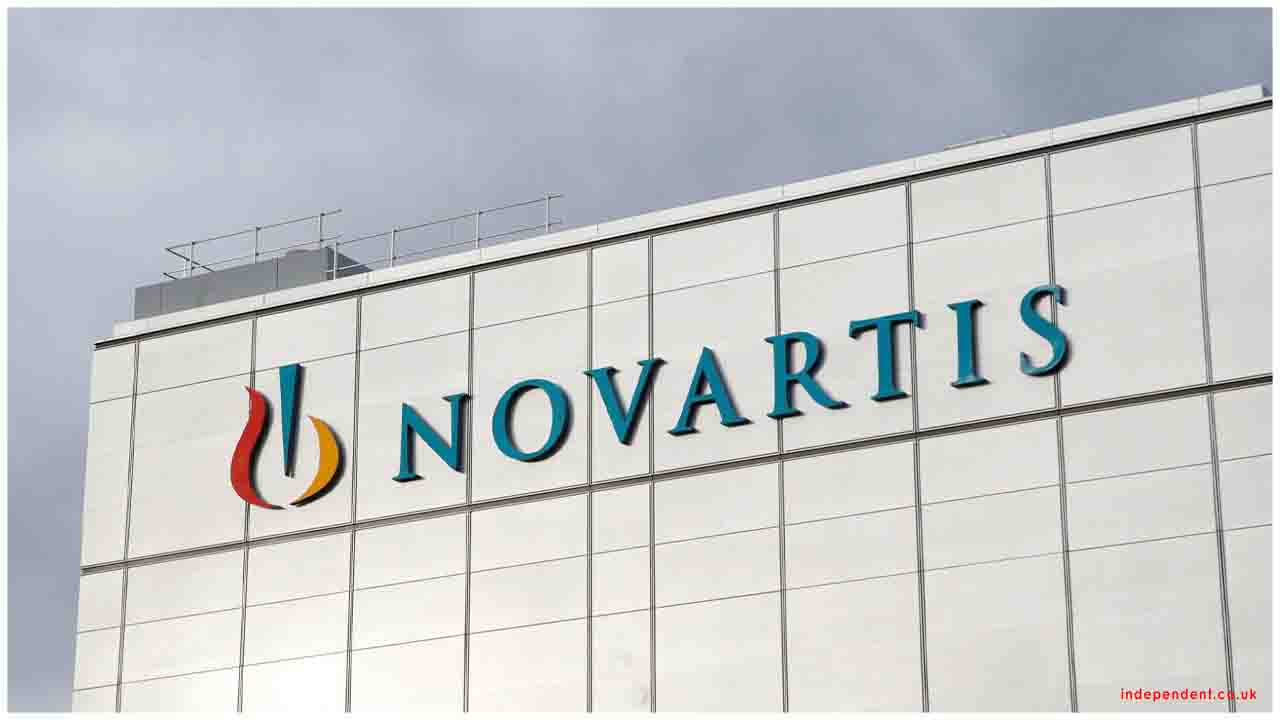The ‘Mum test’, invoked by England’s deputy chief medical officer, Professor Jonathan van- Tam, to reassure Britons of COVID-19 vaccine safety, won’t be enough to convince people to get the jab, warns the Drug and Therapeutics Bulletin (dtb).
Open and honest messaging about exactly what is and isn’t known about the jab is as important as the logistics of mass vaccination for herd immunity. And it needs to be done well before the planned roll-out, argues deputy editor David Phizackerley in a dtb editorial.
It’s not clear how many people will need to be immunised against SARS-CoV2, the virus responsible for COVID-19, as this will depend to some extent on how effective the jab is and the prevailing r(eproduction) number of the virus, he says.
But what is clear is that the speed of development has fuelled existing vaccine hesitancy, prompting Professor van-Tam to reveal at a Downing Street media briefing last month that he has already persuaded his elderly mother to get the COVID-19 jab, an indicator of his faith in the vaccine’s safety.
The evidence shows that face-to-face provision of clear, balanced information on the pros and cons of vaccination by healthcare professionals does influence uptake, says Phizackerley.
But in the case of COVID-19, healthcare professionals will need to be provided with comprehensive information that will enable them to discuss with patients what is and isn’t known about the pros and cons of the vaccines.
“In particular, information should be targeted to address people’s concerns over vaccine safety within the context of the known risks from COVID-19,” he writes. “This should describe what harms have been reported, with what frequency, and what happened to those who experienced side effects.”
Information on effectiveness will need to describe how successful the vaccines have been in clinical trials and what outcomes were assessed. This should include what is known about the impact of the vaccines on symptomless transmission, the period of infectiousness, and duration of disease, he says.
It should also include whether the vaccines prevent mild disease or reduce admission to intensive care and the chance of dying; and what impact immunisation will have for individuals and for populations.
Crucially, it should also set out how vaccination affects the need for social distancing and other preventive measures, he adds. And it must be tailored to different age groups and to those at low, medium and high risk of complications, he insists.
“While some people may not be interested in this level of detail, others will want to base their decision on more than press releases and the ‘mum test’, he suggests.
“Policymakers, vaccine experts, statisticians and healthcare professionals who are independent of the vaccine manufacturers need to respond quickly to provide high-quality accessible information and decision aids—in a wide range of formats and languages—before the vaccines are made available,” he emphasises.
This is essential to “help counter rumours, fake news, unsubstantiated scare stories and overinflated claims of success,” he concludes.
In a linked podcast, David Phizackerley and dtb Editor in Chief Dr James Cave discuss the implications of the biggest vaccination programme in history, including the logistics, which David Phizackerley describes as “very very challenging.”
“When there’s such pent up demand that we must get on and do this, there’s a risk it will be rushed and done badly,” cautions Dr Cave.
“Is a vaccine that can’t be transported, needs to be frozen at minus 70 degrees, has to be diluted, and to have consent given in a very clear way because it’s a new type of vaccine, and [where] we’re required to make people sit for 15 minutes afterwards, really fit for purpose?” asks Dr Cave.
“Because if you start looking at the time required for the throughput of patients, that’s a completely different format to our current flu clinics where we’re able to vaccinate 500 people in an afternoon.
“It means we’re looking at seeing only 40 people an hour...That’s thousands of hours’ worth on top of the normal work we do. That’s really worrying frontline GPs. It’s a big big ask that hasn’t really been thought through at a higher level,” he suggests.
This is one of the reasons why the NHS needs to provide comprehensive information ahead of roll-out, not only to ensure people can give proper informed consent, but also to try and cut down on the amount of discussion time needed, says David Phizackerley.
The impact on current social distancing and other preventive measures must be made clear, he adds. “Until there is sufficient coverage, these will have to continue and that needs to be made quite clear. You can’t just say ‘I’ve had the vaccine so I don’t need to worry anymore.’ That’s a very key message that needs to go alongside this.”
Dr Cave highlights that some of the questions around the length of immunity conferred by the vaccine won’t be known for a while. But he concludes: “We forget this sometimes. But out of all the therapeutics we do in medicine, immunisations are the most impressive and important of all. “If you look at the impact immunisations have had on world health, they are crucial.
"At dtb, we are absolutely flying the flag for immunisation, but it’s about doing things right.”

 Open honest messaging on mass vaccination as important as logistics for herd immunity
Open honest messaging on mass vaccination as important as logistics for herd immunity




















.jpeg)


.jpeg)



.jpeg)
.jpeg)






.jpeg)





